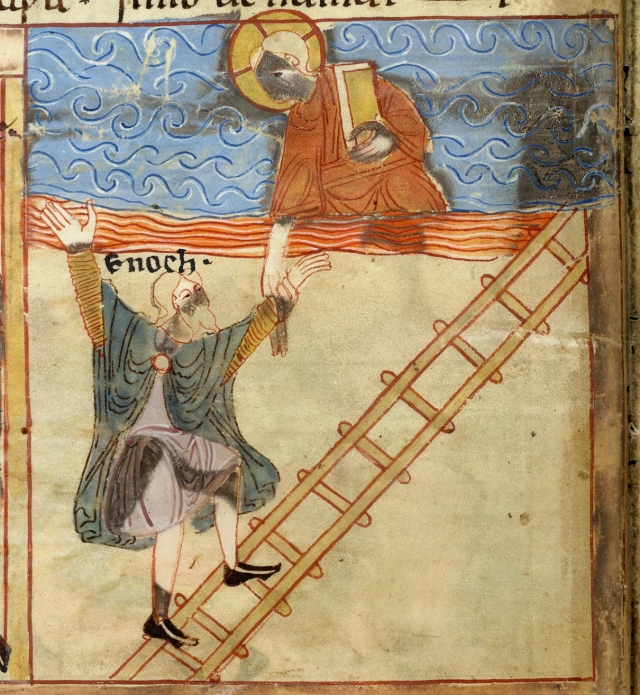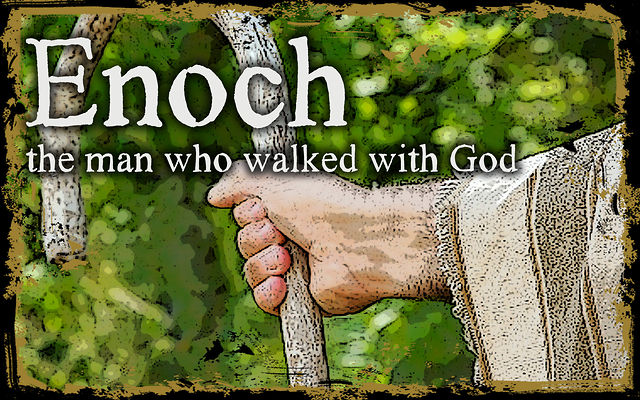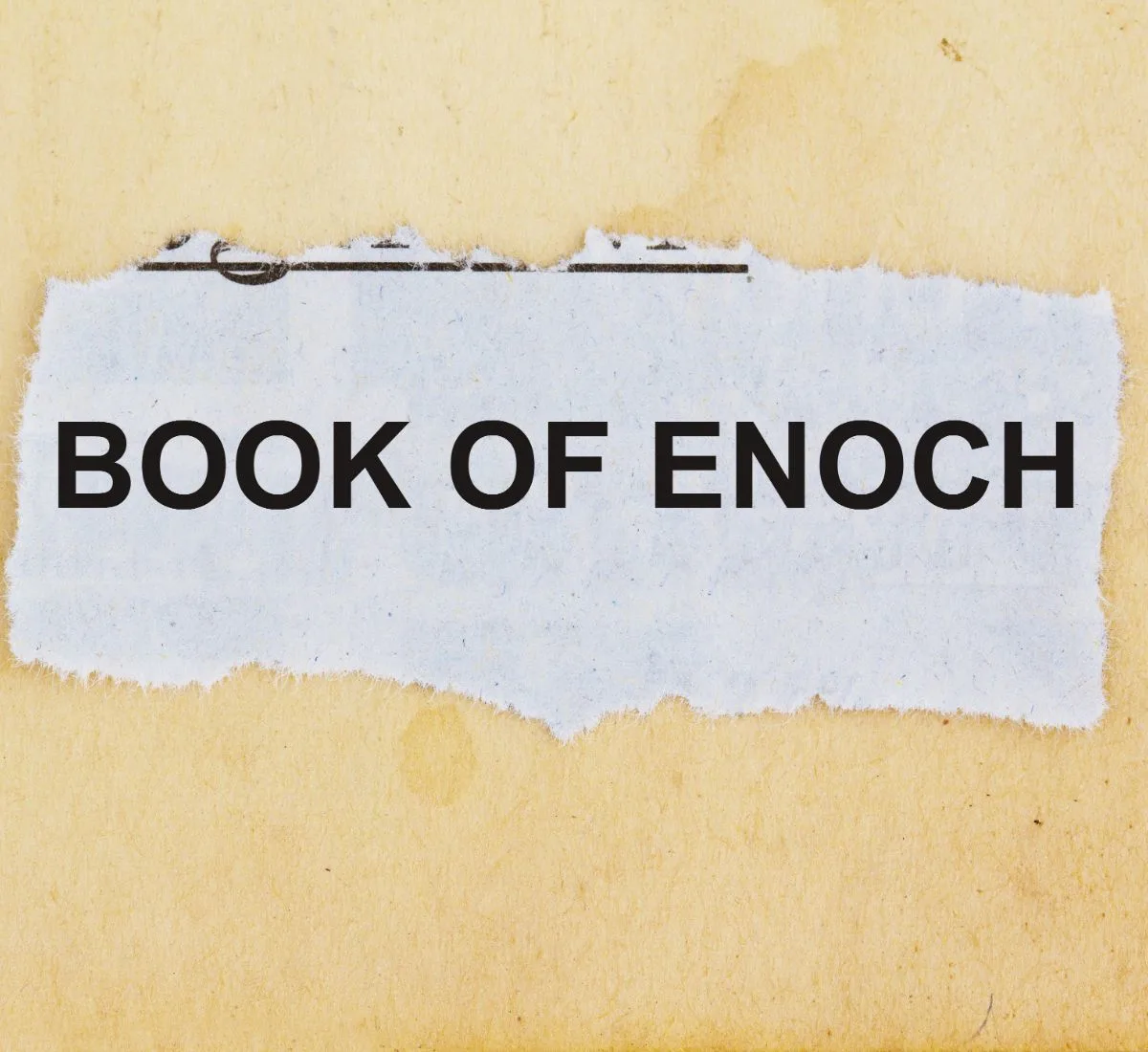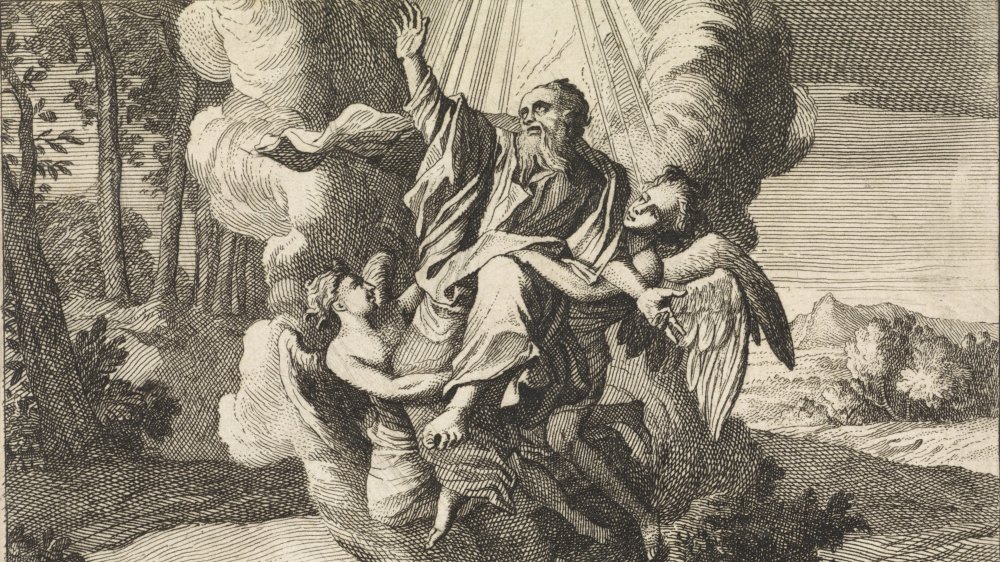The Book of Enoch is a religious text that has been surrounded by controversy and debate for centuries. It is an ancient Jewish religious work, ascribed to Enoch, the great-grandfather of Noah. The book is believed to have been written between 300 BC and 100 AD, and it contains various accounts of Enoch’s interactions with angels, prophecies, and visions.
While the Book of Enoch may seem intriguing and mysterious, there are several reasons why one should stay away from it. In this article, we will delve into the history and contents of the Book of Enoch and explore the reasons why it is best to avoid it.
The History of the Book of Enoch

The Book of Enoch was not included in the canon of the Bible, and its authenticity has been questioned by scholars and religious leaders throughout history. However, it has been widely circulated and referenced by various religious groups, including the Ethiopian Orthodox Church, which considers it to be part of their biblical canon.
The book was first discovered in Ethiopia in the 18th century, and it was later translated into English in the 19th century. This translation sparked interest and controversy among scholars and religious leaders, leading to further translations and interpretations of the text.
The Contents of the Book of Enoch

The Book of Enoch is divided into five main sections, each containing different accounts and teachings. These sections include the Book of Watchers, the Book of Parables, the Book of Astronomy, the Book of Dreams, and the Epistle of Enoch.
The Book of Watchers
The Book of Watchers is the first section of the Book of Enoch and is considered to be the most significant part of the text. It contains the story of fallen angels who came down to earth and mated with human women, resulting in the birth of the Nephilim, a race of giants. This section also includes Enoch’s visions of heaven and his interactions with angels.
The Controversy Surrounding the Book of Watchers
The story of fallen angels and their offspring has been a subject of debate among scholars and religious leaders. Some argue that this account is not found in any other biblical texts and is therefore not credible. Others believe that it is a symbolic representation of the corruption and sinfulness of humanity.
Furthermore, the Book of Watchers also contains teachings that contradict the Bible. For example, it states that angels can be punished and even killed, which goes against the belief that angels are immortal beings. These contradictions have led many to question the authenticity and reliability of the Book of Enoch.
The Book of Parables
The Book of Parables is the second section of the Book of Enoch and contains various parables and prophecies. It discusses the coming judgment and the establishment of a new kingdom by God. This section also mentions the Messiah, who is referred to as the “Son of Man.”
The Inconsistencies with the Bible
While the Book of Parables mentions the coming of the Messiah, it does not align with the biblical accounts of Jesus Christ. It presents a different version of events and teachings, leading many to believe that it is not a reliable source of information.
Additionally, the Book of Parables also contains teachings that go against the core beliefs of Christianity. For instance, it states that salvation can be achieved through knowledge and works, rather than through faith in Jesus Christ. This contradicts the central message of the Bible and raises doubts about the credibility of the Book of Enoch.
The Book of Astronomy
The Book of Astronomy is the third section of the Book of Enoch and focuses on the movements of celestial bodies and their significance. It also discusses the calendar and the calculation of time, as well as the names and functions of the angels responsible for these tasks.
The Lack of Scientific Accuracy
While the Book of Astronomy may seem like a scientific text, it contains several inaccuracies and outdated beliefs. For example, it states that the earth is flat and that the sun and moon are equal in size. These claims have been proven to be false by modern science, further casting doubt on the reliability of the Book of Enoch.
The Book of Dreams
The Book of Dreams is the fourth section of the Book of Enoch and contains various visions and dreams experienced by Enoch. It also includes interpretations of these dreams and their significance.
The Subjectivity of Dreams
Dreams are subjective experiences and can be interpreted in different ways. Therefore, the interpretations presented in the Book of Dreams may not be accurate or applicable to everyone. This raises questions about the validity of this section and its teachings.
The Epistle of Enoch
The Epistle of Enoch is the final section of the Book of Enoch and is believed to have been written by Enoch himself. It contains his final words and instructions to his children before he ascends to heaven.
The Questionable Authorship
The authorship of the Epistle of Enoch has been a subject of debate among scholars. Some argue that it was not written by Enoch but rather by someone else who claimed to be him. This raises doubts about the authenticity of the text and its teachings.
Reasons to Stay Away from the Book of Enoch

After exploring the history and contents of the Book of Enoch, it is clear that there are several reasons why one should stay away from it. Here are some of the main reasons:
- It is not part of the biblical canon: The Book of Enoch was not included in the Bible, and its teachings contradict the core beliefs of Christianity. Therefore, it is not a reliable source of information for Christians.
- It contains teachings that go against the Bible: The Book of Enoch presents a different version of events and teachings, which raises doubts about its credibility. It also promotes salvation through knowledge and works, rather than through faith in Jesus Christ.
- It is not scientifically accurate: The Book of Enoch contains several inaccuracies and outdated beliefs, especially in the Book of Astronomy. This makes it unreliable as a scientific text.
- It is based on subjective experiences: The visions and dreams presented in the Book of Enoch are subjective and can be interpreted in different ways. Therefore, its teachings may not be applicable to everyone.
- Its authorship is questionable: The authorship of the Book of Enoch has been a subject of debate, and there is no concrete evidence that it was written by Enoch himself. This raises doubts about the authenticity of the text.
- It can lead to confusion and division: The controversial nature of the Book of Enoch has led to confusion and division among religious groups. It is best to avoid it to prevent further conflicts and misunderstandings.
Conclusion

In conclusion, while the Book of Enoch may seem intriguing and mysterious, it is best to stay away from it. Its authenticity and reliability have been questioned by scholars and religious leaders, and its teachings contradict the core beliefs of Christianity. Therefore, it is not a reliable source of information for those seeking to deepen their understanding of the Christian faith. Instead, it is best to focus on the canonical books of the Bible, which have stood the test of time and remain the foundation of the Christian faith.
